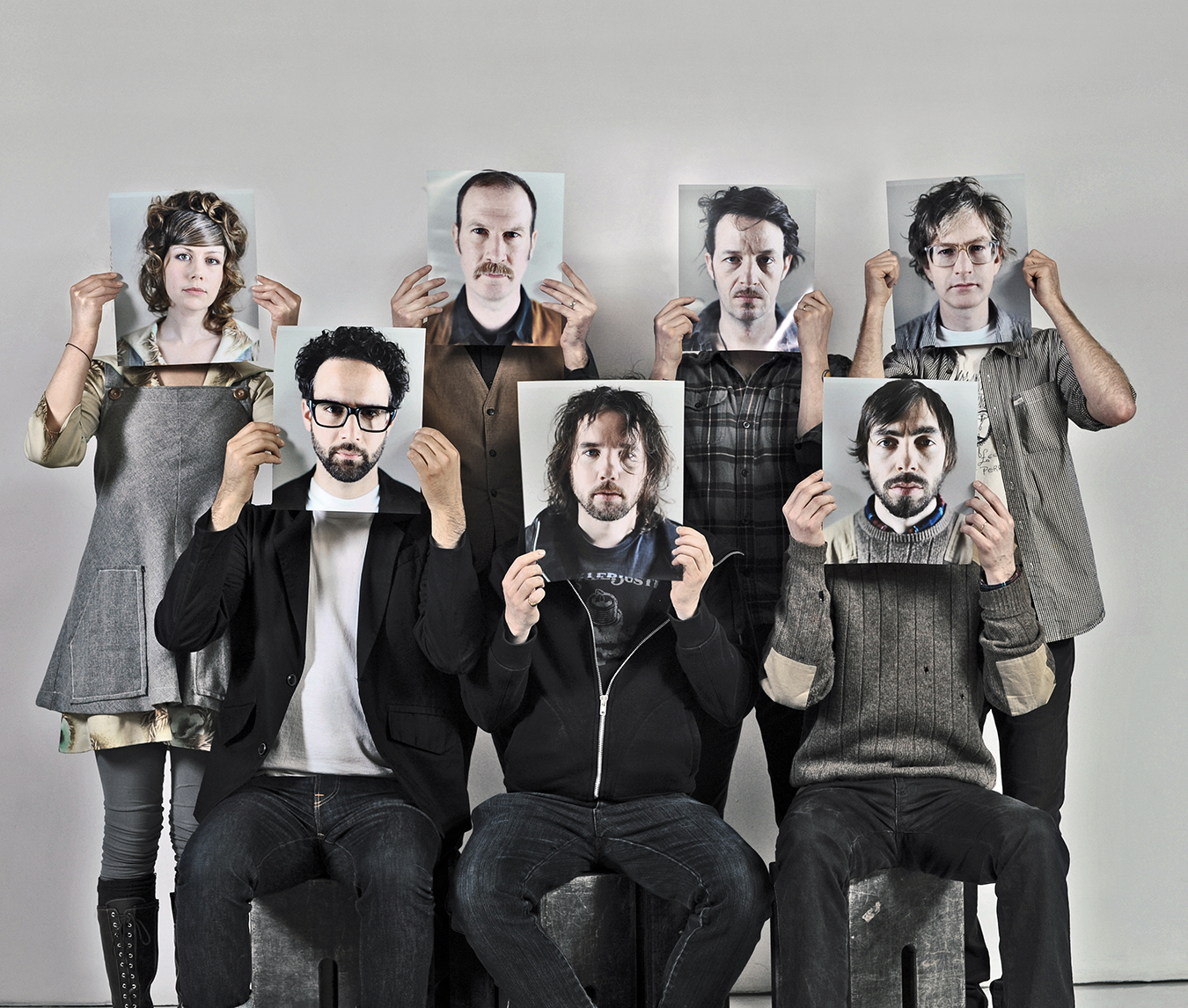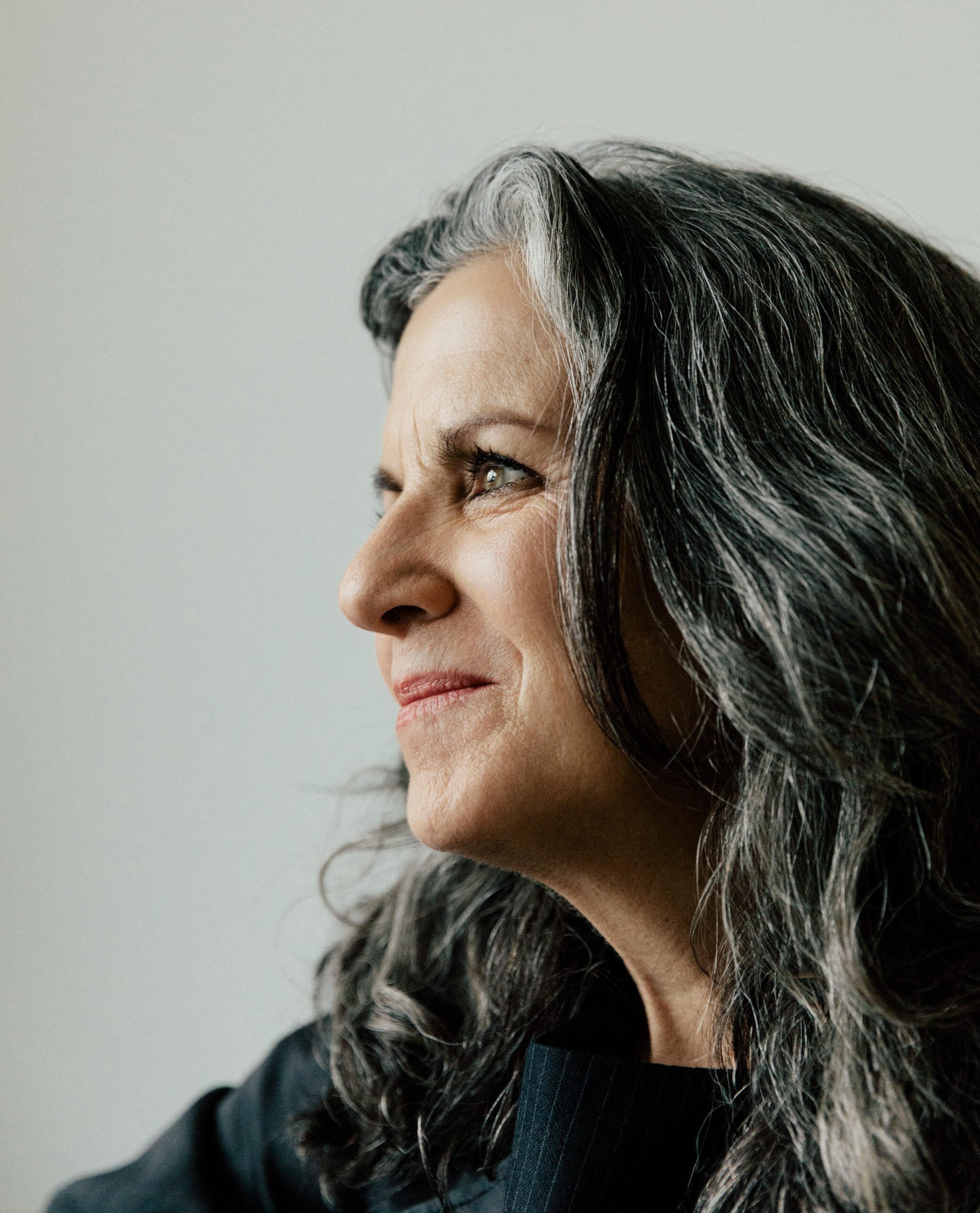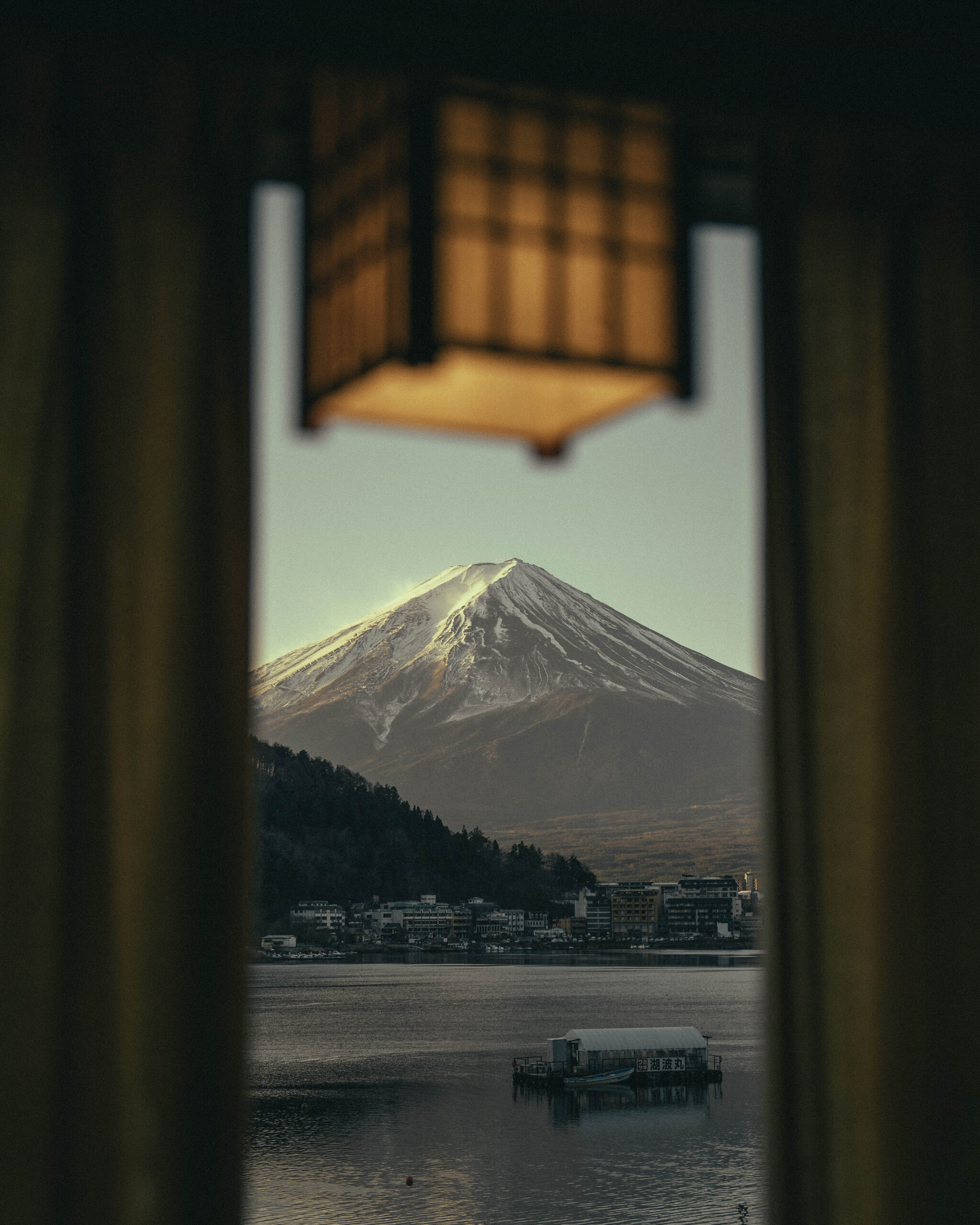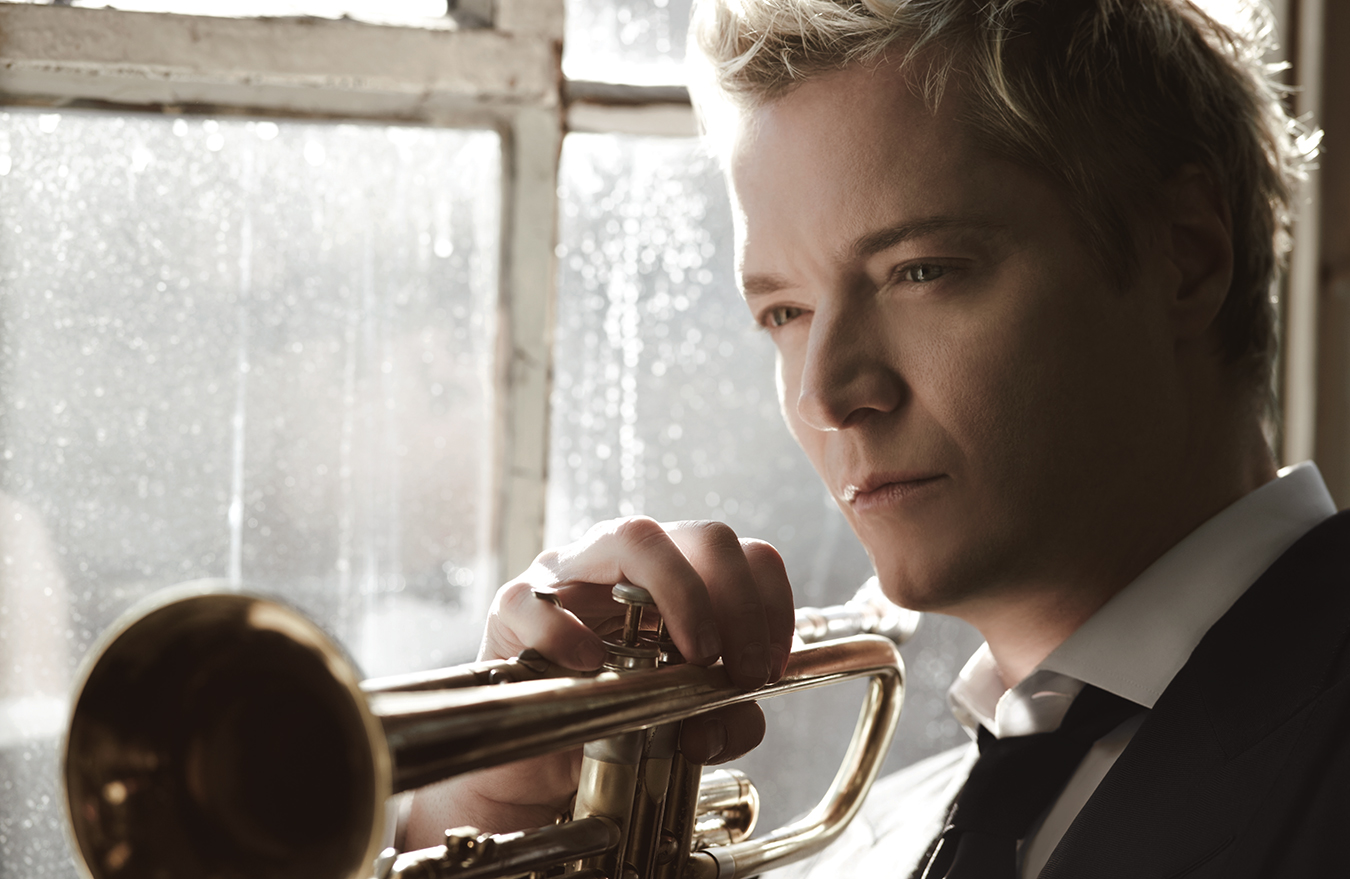Sook-Yin Lee and Jooj
Experiments in sound.
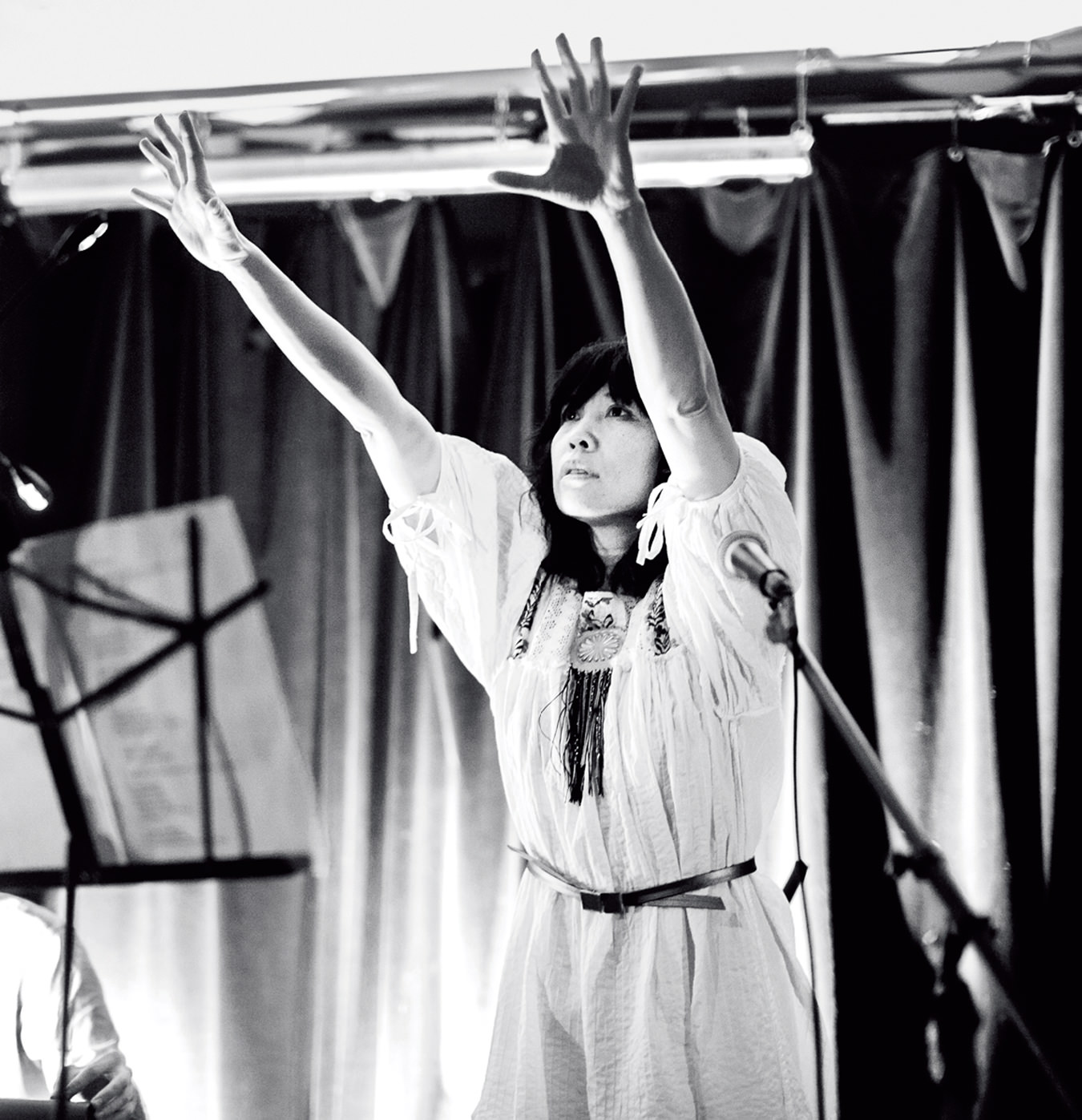
At a time when so much pop music reverberates like the mindless backing track to a pep rally, it should come as no surprise that Sook-Yin Lee wanted the debut from her experimental duo, Jooj, to sound nothing like the status quo. After all, she’s been going against the grain all her life. “I knew I didn’t want to just do happy party songs,” says the multi-talented Lee, who first came to the public’s attention as a MuchMusic VJ in the mid-nineties before expanding into acting, music, and art.
On self-titled Jooj, Lee and her collaborator, Adam Litovitz, have created a spare song cycle that draws the listener in with the lure of a hushed intimacy, whether through Lee’s monotoned pleas on “Crushed”, her Yoko Ono–like vocalizations on the haunting “Crystalline”, or the lilting waltz of closing track “Mordecai”.
While not a concept album, the atmospheric, textured set, recorded in the pair’s private studio, has a compelling narrative encompassing the totality of human emotion. Melodic in places, dissonant in others, Jooj quietly, but insistently, demands to be heard and felt.
“My hope was to bring people to a curious and discomforting place, but with a sense of guidance and comfort,” Lee says. “One of my favourite musicians is [artist] Diamanda Galás, who similarly demands a lot from her listeners. We have to go collectively to a darker place, but I wanted to make sure that I can take [the listener] out the other side.”
The songs have their roots in another art form: Lee wrote a musical score to accompany her recent video and photography exhibit, We Are Light Rays. Those compositions were the entry point for the creation of the individual tunes on Jooj. Much of the exhibition, and, by association, the music, was informed by her time spent with her sister, who was battling cancer. “I moved across the country to be with her,” the Vancouver-born, Toronto-based Lee says. “She’s also an artist, and sometimes she was in such pain that the only way we could get away from the experience of sickness and mortality and difficulty was by making art. At the end of the day, we’d share with each other what we’d made … A great deal of pleasure was derived from that. I’m sure reverberations of that have found their way into the music on this album.”
Art has always served as a balm for Lee, as well as a way to make sense of the chaos that life brings. For Lee, that tumult was present from the start. “When I was born, I was removed from my mom because she had lost her mind and she was put into an insane asylum and I was brought to live with neighbours,” she says matter of factly, adding that despite the difficulties, there was a “great deal of love” in her family.
Lee left home at 15, moved by the works of authors like Hermann Hesse and James Joyce and punk priestess Lydia Lunch. “I immediately discovered a repertory cinema and I would watch several movies a day,” she says. “I feel like in so many ways art has been such a great counsellor for me.” Film, from in front of and behind the camera, continues to captivate Lee. She starred in both the sexually explicit Shortbus and the CBC biopic Jack—for which she won a Canadian Screen Award—as well as wrote and directed Year of the Carnivore, a romantic comedy about a girl who goes out seeking bedroom experience. She has two new movie projects, Octavio is Dead! and Paying For It, on her docket, today.
“I try to hit the heart, head, and funny bone, but there’s usually an underlying human experience I wish to explore and I try to connect with audiences,” Lee says of her art. “I don’t take this role lightly.”
It’s not only her own stories that Lee’s interested in sharing: for more than a decade, she has been the host of CBC Radio One’s Definitely Not the Opera (DNTO), a program that focuses on human interest tales.
“I’m humbled when [people] speak with me and share the things that have occurred to them. It’s a responsibility for me to share that with others,” she says. “We’ve been raised by so many voices that say, ‘Be quiet. Shut up. Fall in line. It shouldn’t be about you,’ and, yet, it should be about you. I want to hear about you.”
Photo by Jennai Bundock.





